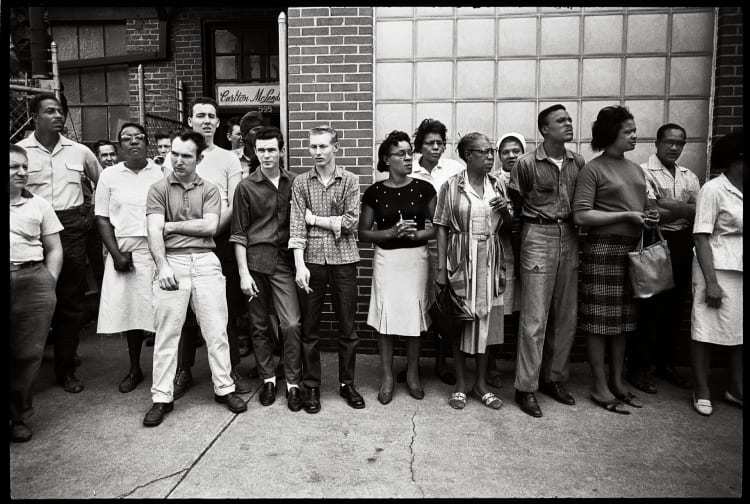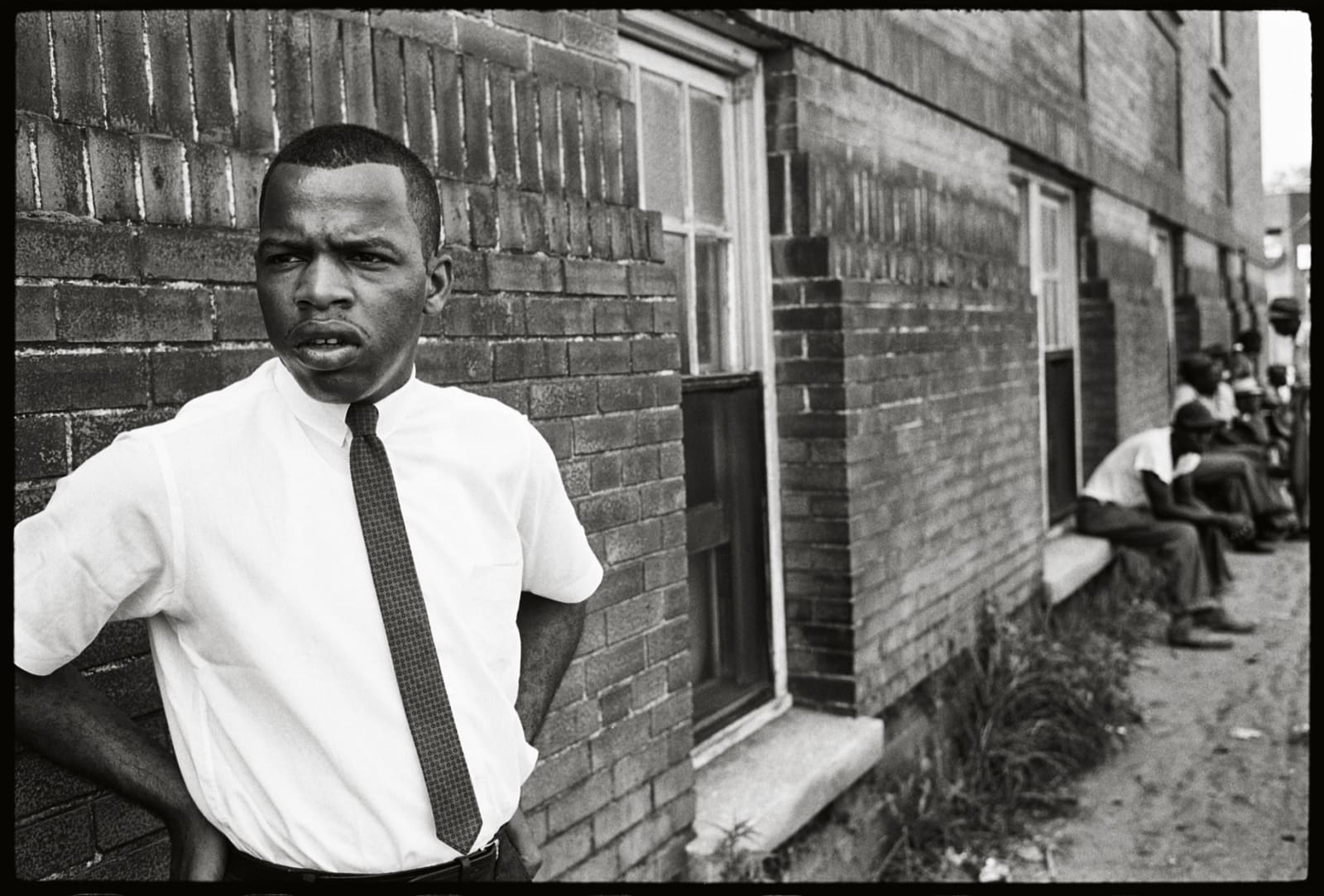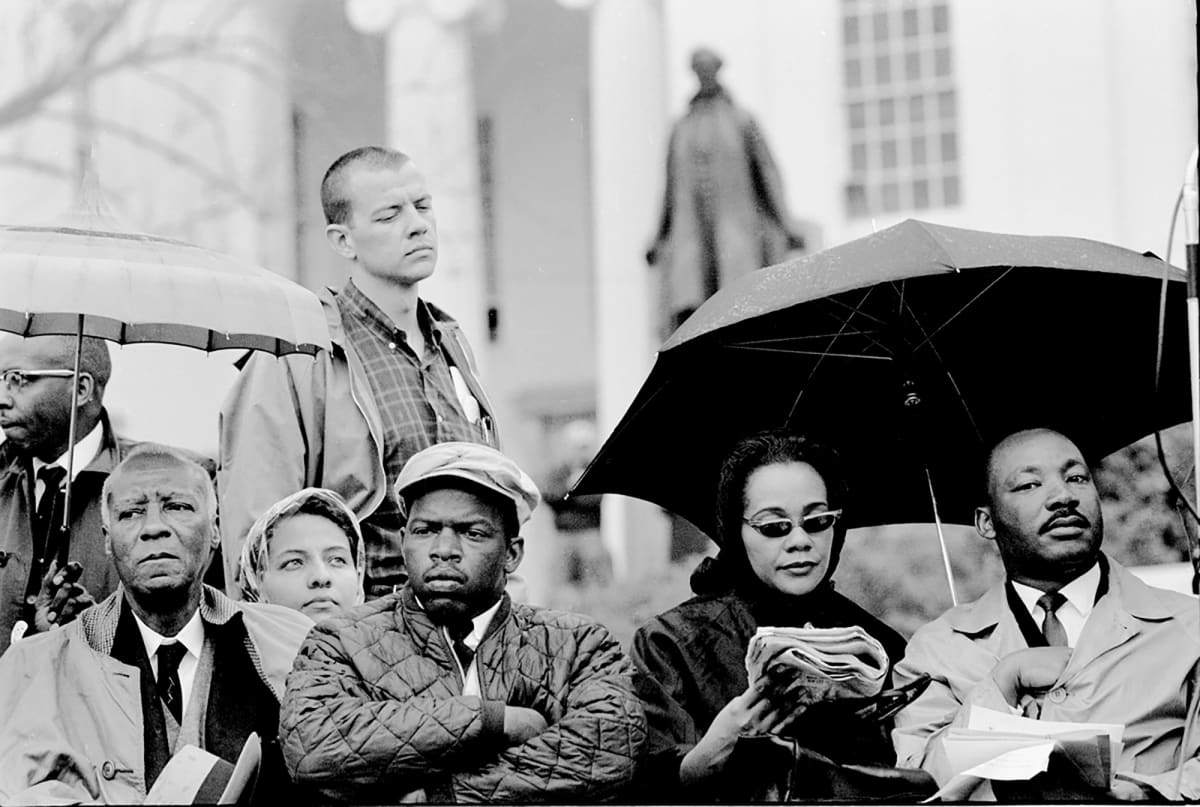


“What started as a narrowly-focused mission to welcome people with dementia … into our museum for the first time evolved into a much broader and more profound project: to reinvent what agency within the museum would look and feel like for visitors living with dementia,” author Susan Shifrin notes in this compelling piece. She details her journey from that experience to founding ARTZ Philadelphia, a program that invites people with dementia to serve as mentors to program participants.
This installment of JHR’s interviews with industry innovators focuses on clinician, researcher, and educator Beth Skidmore, an award-winning Occupational Therapist whose gifts inspire a wide range of students. Beginning with her early days, detailing why she chose her field, to describing her current leadership roles, Dr. Skidmore offers a compelling picture of how professionalism develops and professionals reach enlightenment. “I think now professionalism means to me…grace and humility,” she notes.
Interpreting poems written by renowned poet Ted Kooser in a Nebraskan winter in 1998, his friend Amy Haddad highlights the beauty of the human spirit when faced with life-threatening challenges. Kooser wrote the poems on his two-mile walks before dawn as he recovered from surgery, chemotherapy, and radiation for tongue and neck cancer in 1998. Compact and powerful, they show how one creative mind forged a bit of order in the “chaos” of recovery.
Engaging in epistemic reflexivity, or the ability to question the ways in which we practice, and their association with organizational and social structures, is the key to gaining a clear perspective on the profession, according to these authors. How can students take a step back, and gain true insight into their professional world? This study employed a 7-step framework to introduce learners to the process of “making strange.”
In a compelling response to our article, “Exploring How Racism Structures Canadian Physical Therapy Programs,” Dr. Bryan Mukandi offers an account of his critique of early drafts of the article, requested by the authors. He notes that his fear at the time was that the article “was an inadvertent reiteration of the idea that the inclusion of people of color in health disciplines is a matter of charity rather than justice.” Dr. Mukandi expresses the hope that more colleagues like these can gather with those “on the wrong side of the road” to foster dialogue and spur change.
Spurred by her recollection of Amanda Gorman’s beautiful poem spoken on the steps of the Capitol building just days after a violent attack, Sarah Blanton, in her Spring 2021 Editorial, reflects on the power of words to harm or to heal. She encourages readers to consider the daily impact of their own words on those around them. She details how researchers, educators, and clinicians can more deeply engage with the humanities in order to better hear their own stories—thereby strengthening their individual power for healing with the spoken word.
In an honest case study from his residency year, Corey Nolte shows how “my narrow-minded understanding of the resiliency of the will to live was expanded.” As his terminally-ill cancer patient became more frail and less willing to accept treatment, they shared a tender, intimate moment of prayer. Nolte offered comfort through his patient’s final days. By carefully supporting end-of-life wishes, he notes, “we can help to unburden patient angst and give direction to our own moral compass.”
In her stark and direct poem, Kirsten Woodend details the “multitude of indignities” that someone “in the process of body repair” can suffer. She notes how a person in recovery becomes a child in others’ eyes, “incapable of coping mentally or physically.” The poem asks why these extra psychological burdens must be added to the healing process.
How does a student cope with isolation during a forced four-month break from clinical rotations? Olivia Wolfe enrolled in an online course, Humanism in Health and Healthcare. Its impact inspired her to use her “voice and privilege to uplift and support essential causes fighting the twin pandemics of COVID-19 and racism.” She details her journey to a new commitment to humanism at home and in the clinic.
In “A Journey Toward Mindfulness,” Kelsey Robinson, SPT describes the steps she took to turn the effects of a crippling racist remark into a positive force for self-discovery. Rather than holding in her pain and self-doubt, she accepted an invitation to tell her story to young people. “In the process, I found my voice,” she notes. She encourages others to do the same. “Someone needs you,” she states. “The trials you face today will become your strength tomorrow as a clinician.”
Hannah Vaca evokes an important learning moment in this moving and heartfelt poem, as she reflects on the gift a donor’s body provides and how a donor’s sacrifice impacts the lives of developing health professionals.